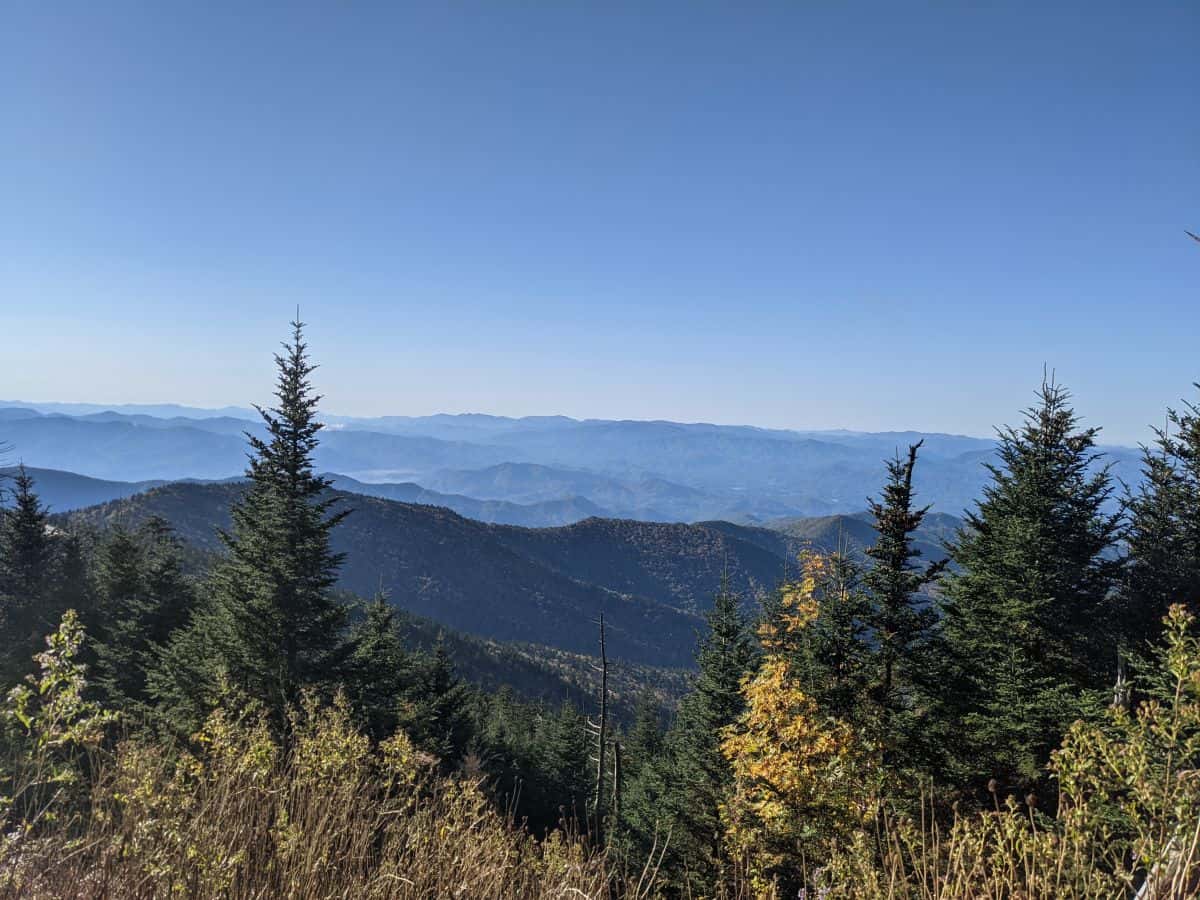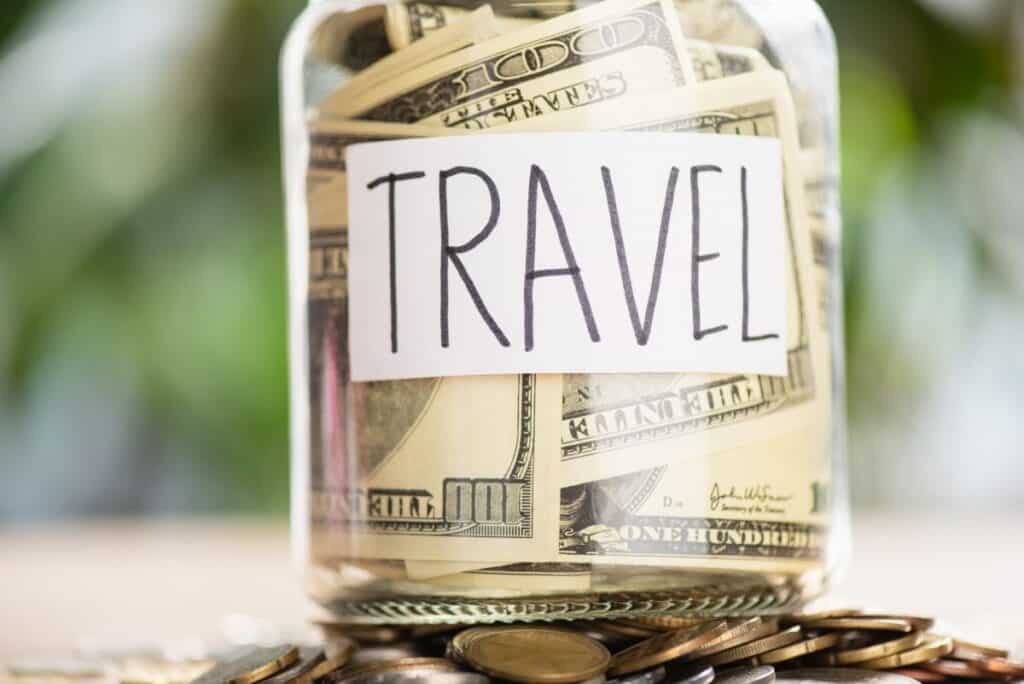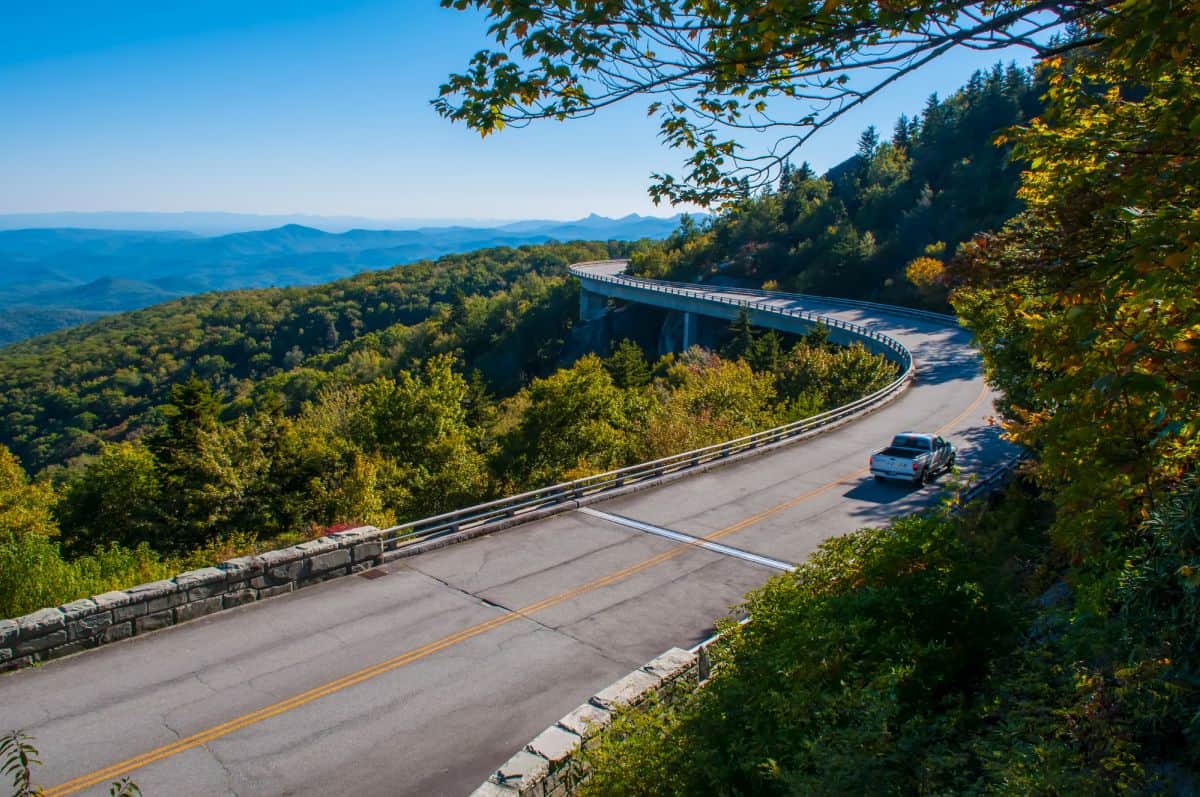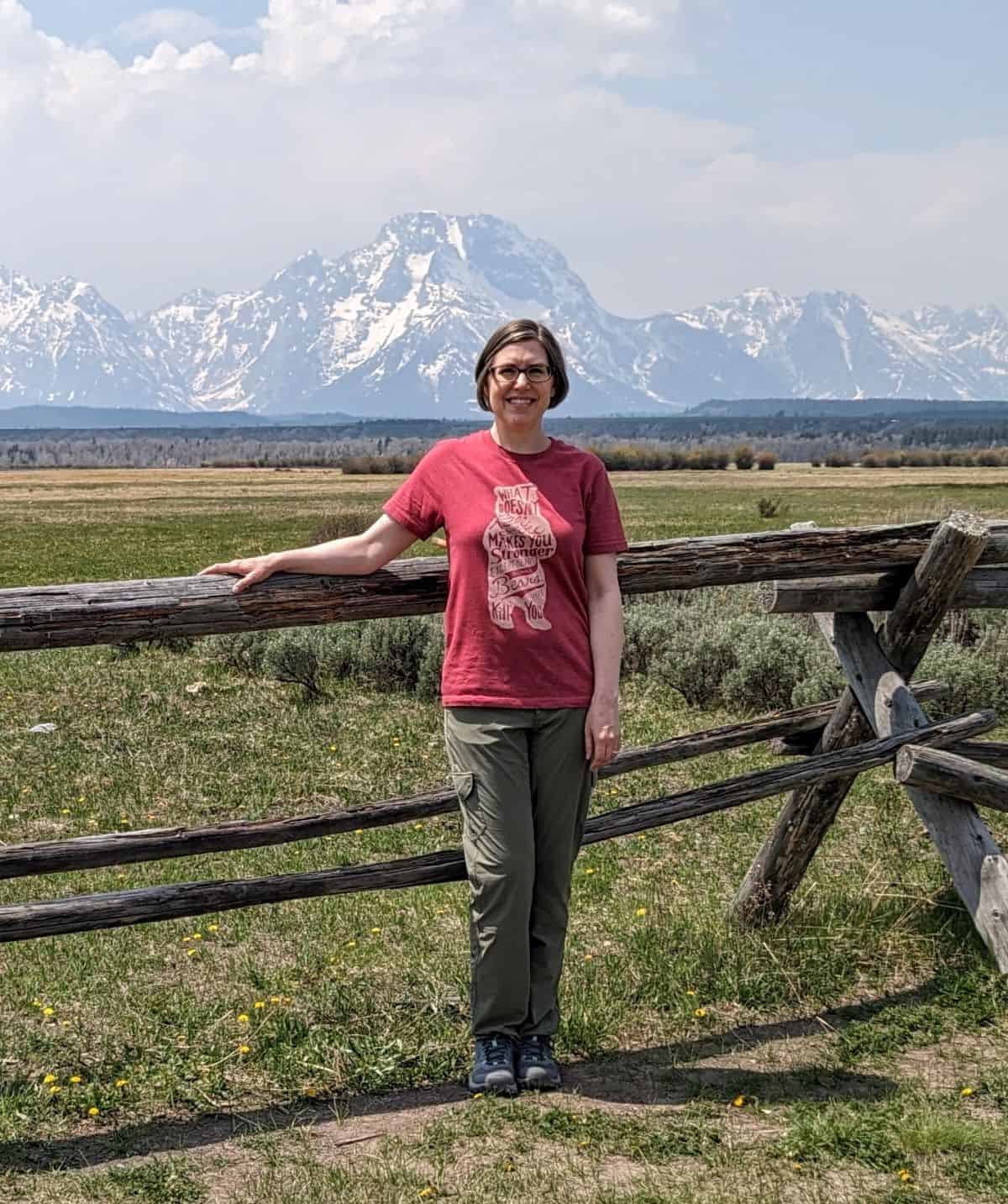The Art of Choosing Your Next Travel Destination
Choosing your next travel destination doesn’t have to be daunting. This article gives you a concise guide to finding the perfect match for your travel style and desires. Whether you’re craving adventure, seeking solitude, or aiming to dive into cultural experiences, I’ll help you figure out how to choose your next travel destination.
Key takeaways

This post includes affiliate links. If you make a purchase through one of these links, I may earn a small commission at no additional cost to you. As an Amazon Associate, I earn from qualifying purchases. See disclaimer.
What kind of travel do you like?
When planning your next trip, it’s essential to ask yourself about the type of travel you enjoy. Are you the kind of traveler who revels in the buzz of a busy city, with visits to museums and cultural events? Or do you prefer the peace of a secluded beach or a mountain retreat? Your preference should steer your decision-making process here.
- For those of you who lean towards active trips, consider cities renowned for their cultural landmarks and entertainment.
- If, on the other hand, relaxation is your top priority for your next trip, finding destinations that promote leisure and provide opportunities for unwinding, such as quiet towns or mountain cabins, is key.
- If you’re new to traveling, choose a travel style that lets you explore at your own pace, such as a road trip. Road trips offer flexibility, perfect for those new to travel planning.
Balancing your itinerary between sightseeing and relaxation is an art in itself; finding that sweet spot ensures you return from your holiday recharged and full of memories.
What is your travel budget?
Don’t skip over the important step of establishing your travel budget. It dictates not just where you can go but also your experiences once you’re there. Begin this process by deciding how much money you’re willing to spend on the trip; this includes all expenses, from flights and accommodation to food and activities.
Set a clear travel budget ahead of time to avoid overspending and feeling stressed or going into debt. I never recommend that you travel and worry about the expense later. I am a strong advocate for saving your full travel budget ahead of time and then paying cash for your trip.
Do some basic research to determine the travel costs at your destination. Some places are inherently more expensive, where a modest dinner might cost as much as a fancy meal elsewhere. Understanding these costs at your destination will help you make realistic daily spending plans.
At this point in your travel planning, you may need to reassess and choose a different destination for this trip, and that’s okay. Longer trips to more expensive destinations often require more financial pre-planning. For long trips, consider your budget and perhaps look into practical tips to afford more travel, as longer durations can significantly impact your travel expenses.
Researching and finding cheap flights can save you significantly. Flight costs vary greatly, and learning how to secure lower-priced tickets can substantially lower your overall expenses. Cheap flight services such as Going will do the hunting for you and alert you as deals come up.
For detailed steps, read my article about how to plan your travel budget.

How much time do you have to travel?
Evaluating the time you have available for travel is also important when choosing your next destination. If you’re only able to break away for a short weekend, picking a place that’s close by or a direct flight away will help you maximize your time away. If you plan a weekend getaway for your next trip, you might want to focus on destinations with activities and sights that easily fit into a two or three-day itinerary.
For those of you with more than a few days but less than two weeks, consider destinations that offer a mix of relaxation and exploration. This timeframe will give you enough time to immerse yourself in local culture and top attractions without the rush.
Should you be fortunate enough to dedicate several weeks to a month for your trip, you can dive into locations more extensively or take multi-destination trips. This freedom allows you to explore at a slower pace or add more variety to your trip.
What time of year are you traveling?
Deciding when to travel is just as crucial as choosing where to go. Each season brings its advantages and challenges, so consider what’s most important to you. Weather, local events, as well as peak and off-peak seasons, can all influence your decision.
Peak Season:
- Advantages: Everything’s in full swing—attractions, tours, lodges, and restaurants are all open.
- Drawbacks: Higher prices and larger crowds.
Off-Peak (Shoulder Season):
- Advantages: Lower costs and fewer tourists.
- Drawbacks: Some services and attractions might have limited availability.
Think about what you enjoy. Your preferences will guide your timing, so choose a time that aligns with your travel wishes. Remember, local conditions vary, so a little research goes a long way in making sure you have the best trip possible for you.

Who Are You Traveling With?
When picking your next vacation spot, it’s important to consider whether you’ll be traveling with companions and who they are.
- Solo trips offer freedom. You get to make all the decisions, but won’t be with anyone to share your travel memories.
- Traveling with a life partner can be romantic and fun.
- If you’re bringing the family along, especially with children, you’ll be seeking out family-friendly destinations with activities for all ages.
- Heading out with friends? Or planning other group travel? Coordinating everyone’s plans will be key. You’ll also need to consider everyone’s budgets and preferences and look for destinations with a variety of attractions.
- A trip with elderly companions will require special considerations. Destinations should not be too strenuous and accommodations should offer easy accessibility.
Seek outside input and inspiration
For help with choosing your next travel destination, talk to friends and family members who travel; they can provide insights into places you might not have considered. Social media and Pinterest are treasure troves of ideas, where can get images and stories from other travelers to inspire you to try new places.
Join travel Facebook groups where travelers just like you share their experiences and advice. They’re great for getting a variety of opinions (wanted or unwanted, LOL). You might be encouraged to try a site or an attraction you would never have otherwise considered because it might not be as popular.
Old-fashioned travel guidebooks, too, haven’t lost their usefulness. Their curated itineraries and expert recommendations can help you discover hidden gems.

Keep a running travel bucket list
Your travel bucket list serves as a reminder of the places that you most want to visit over the next several years. It can be a mental bucket list or literal.
How to start? Begin by jotting down destinations that have always fascinated you. Maybe you’ve seen a movie set in a beautiful location, or you’ve always dreamed of snorkeling in the Great Barrier Reef. Include everything.
What should you consider?
- Personal interests: Are you a history buff, a foodie, or an outdoor enthusiast? Tailor your list to what you love most.
- Recommendations: Add places your friends rave about or destinations you come across in travel shows.
Your bucket list is not set in bronze. As your interests change and new destinations catch your eye, update your list. It’s a living, breathing list. It’s not meant to be rigid or prescriptive.
Organize and prioritize:
- Must-visit: These are your dream destinations; they’re non-negotiable.
- Up-and-coming: These are places gaining popularity that you want to visit sooner rather than later before everyone and their brother has already been there and it’s suffering from over-tourism.
- Hidden gems: Lesser-known spots that appeal to you and promise a special experience.
Read more about how to create your travel bucket list.

Consider planning trips around events
Consider focusing on participating in events rather than just picking a destination. Imagine traveling for that “must-see” concert or attending a famous festival. The location of the show or festival becomes secondary to the experience you’re traveling for. Traveling for an event can often lead to discovering new destinations that might not have been on your radar initially.
If event-centered travel is something you’re interested in trying, make sure you do your research well ahead. Hotels in locations with popular major events can be booked well ahead. In addition, keep in mind that associated costs can often reflect the popularity of an event.
TIP: Keep track of all of your important travel details with a digital travel planner like this.
Keep some itineraries in your back pocket
It’s smart to prepare several travel plans in advance. I call this keeping a trip in your back pocket. This means having a few pre-planned itineraries to use when an irresistible travel invitation or deal comes up.
PRO TIP: If you have flexible travel dates you need to check out Going (formerly Scott’s Cheap Flights). You get amazing flight deals sent straight to your inbox with instructions on how to book directly with the airlines. Check out Going here. Going is my favorite way to find great travel deals.
Go back to your travel bucket list and start planning itineraries for your “must-visit” spots. This isn’t about having every detail planned but about being prepared. Think about:
- How many days you want to spend at your destination
- Exactly which is the best airport(s) to fly into and out of for your itinerary
- At least a few options for where to stay on your trip
- Your top priorities for sites, tours, and activities
Keep your research and rough itineraries organized and accessible, maybe in an app like Notion, so when the opportunity comes, you’re all set.
Final thoughts about choosing your next trip destination
When you’re ready to pick your next vacation spot, remember to balance your desires with practical considerations. Let your interests guide you, but also think about factors like cost, safety, climate, and experiences. It’s your trip, so tailor it to your wishes, but don’t forget to check the practical boxes too. Your perfect destination is out there.
More articles to help you plan your next trip
- Essential travel-planning resources
- How to build the perfect itinerary
- Creating a trip budget that works for you
- The best travel guidebooks
- How to afford more travel
- Learn how to use Google Flights to save money on your next trip
Pin this post!
